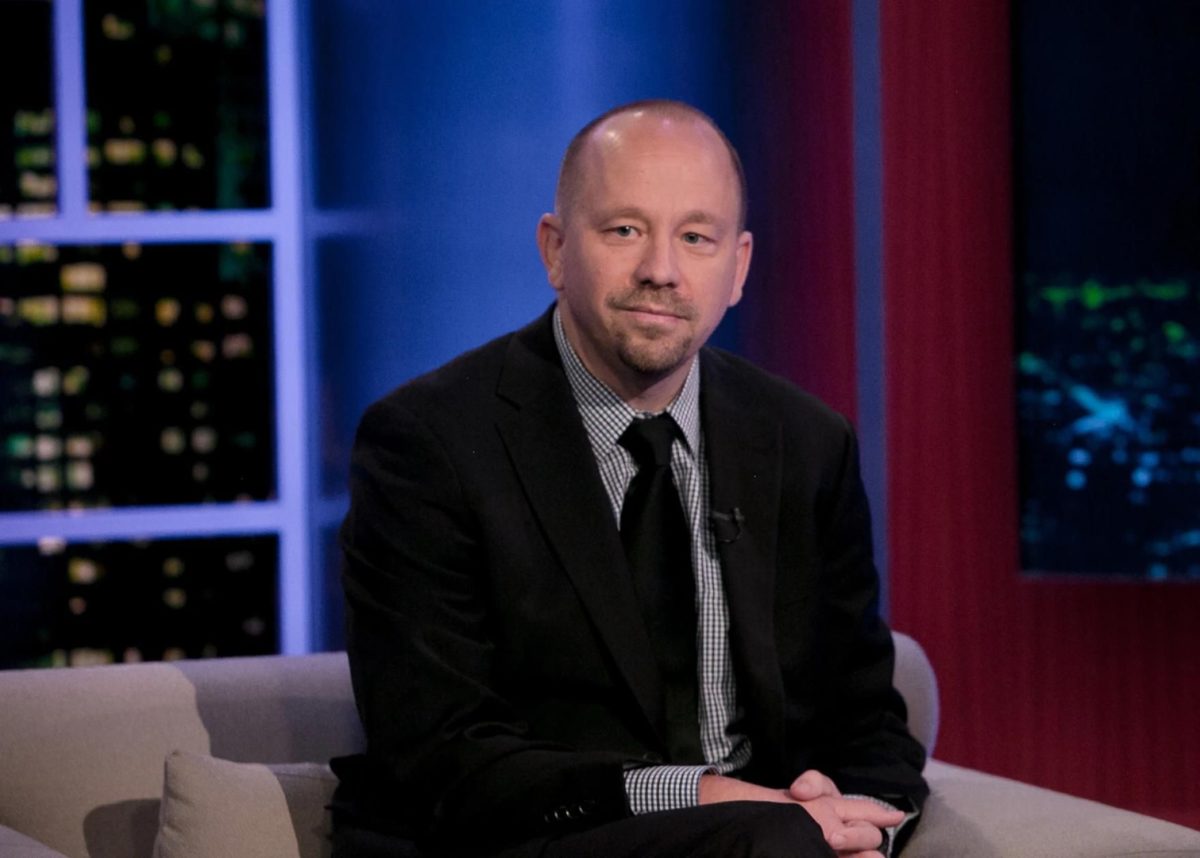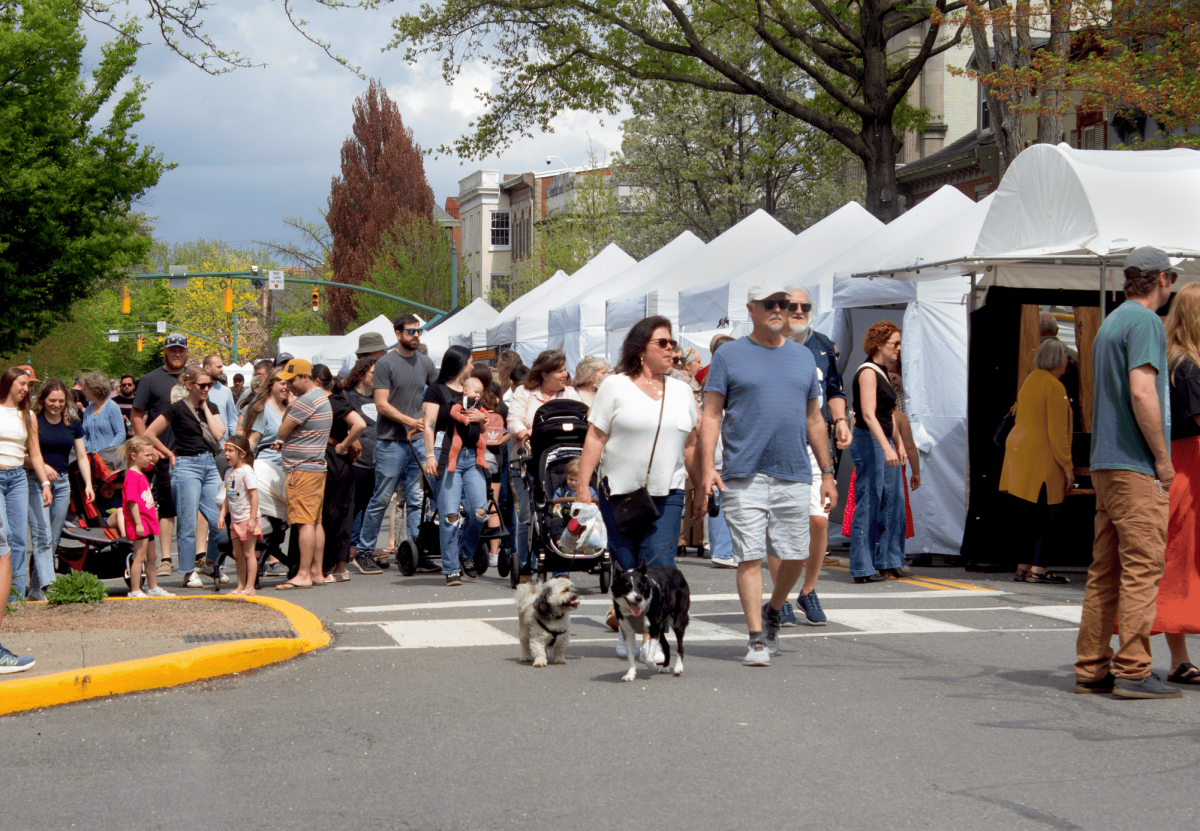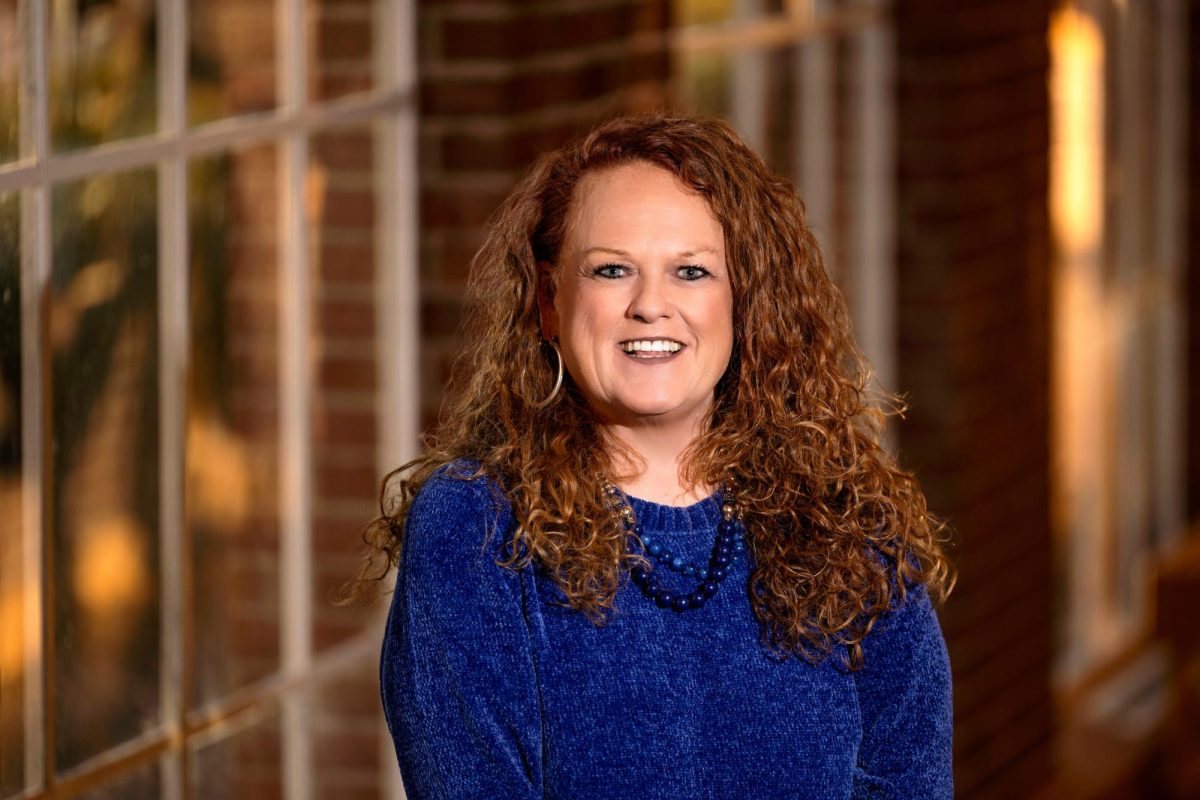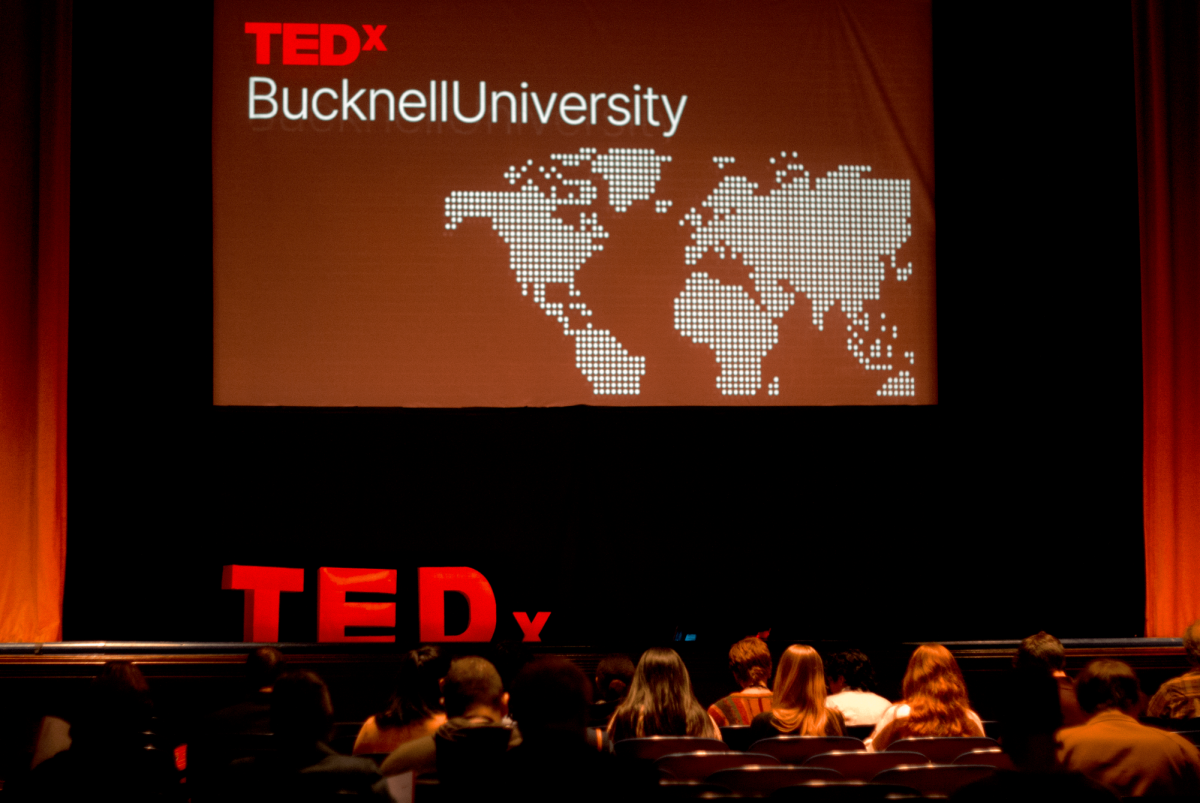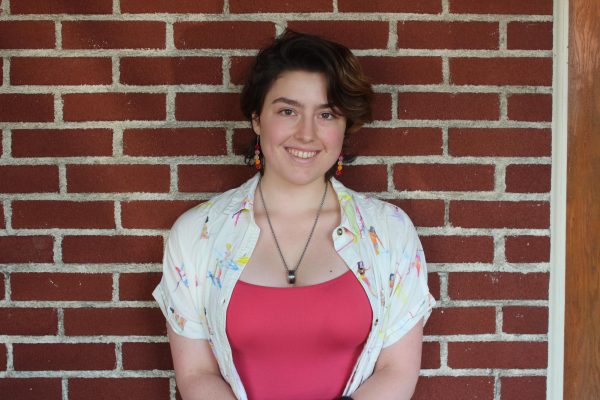Jon Shields, a New-York-Times-published professor of American government and politics and co-founder of the Academic Freedom Alliance, engaged several dozen faculty and students this past Tuesday with a talk on the development of expression in politics and universities. His seminar, entitled “The Republican Civil War: What It Tells Us About Cancel Culture in American Universities,” succinctly covered the ins and outs (but mostly outs) of the GOP in recent, post-Obama years, paralleling the ousting of several prominent GOP leaders and sitting elects with the rise of the “cancel culture” in more progressivist spheres.
As far as Shields is concerned, universities, in their purest forms, are meant to be schools of democracy and citizenship—places where, at little to no larger risk, students are able to explore thought, expression, and opinion as they figure out their place in the greater world. These days, though, Shield has noticed a certain “anxiety about trial and error.” Students are afraid to explore for fear of lasting repercussions—largely from social media and peers—so the whole “promise of a small liberal arts college,” Shields says, the idea that students should be given the time and space to explore, “is undermined.”
But why has this environment changed so drastically and so quickly? Shields (along with his co-author and wife, Stephanie Muravchik) is working on a book to explain just that. With a central focus on conservative Wyoming politics on a timeline leading up to the present day, Shields hopes to examine the increase of infighting within the Republican party, the reasoning behind so many officials’ conviction that “the real threat comes from within,” and the growing sources of division, not only between the GOP and other parties, but within it.
Shields himself was on the ground in Wyoming for recent conventions and campaigns—he was, in his own words, “in the trenches” of this tumultuous environment, taking note of the characteristics and inclinations of the nominees, yes, but also their constituents. Politics, Shields observes, especially within the GOP, has become less about lawmaking and governing and more about affirming GOP members’ identities as “true conservatives.” Constituents don “costumes” designed to “signify a social identity of conservatism.” In other words, Shields has identified the Midwestern conservative “look” of cowboy hats and irresponsibly holstered guns as a type of “virtue signaling,” letting other conservatives know exactly what kind of politics you, as the person in the costume, stand for.
That being said, Shields also makes sure to emphasize the steps towards a kind of “equality” within Wyoming’s GOP, as career politicians and “professional-class” delegates are ousted and working class officials take their place. Sure, this new kind of “woke conservatism,” in his words, is centered around self-image and a pressing need to “prove” conservatism to others, and abandons most actual issues of state policy for the sake of performative lawmaking. New officials are of the people, even if their politics lean more extreme than their “bland and quiet” predecessors in office.
Wyoming’s story of a GOP still undergoing a self-purge in the name of a “pure” party is the blueprint of formal censure and “class warfare […] of a kind” that Shields applies to the GOP as a whole but also to the shifting of university landscapes. Politics, he says, is not self expression, but many Americans have a tendency to reframe it as such; in the absence of religiosity in an era of rising secularity, something else must be transformed into a thing like religion, and for many people, that thing is politics. Politics becomes intrinsically tied with identity—from there, it’s not a difficult leap to the political culture of today’s America, where a nonconfrontational conversation can easily be perceived as a “personal attack on [one’s] identity.”
Complex forces are at play, and even Shields admits that his one analogous observation can never hope to explain everything, but getting the origin of today’s politics—the state of which influences almost every aspect of American life—“right” is essential if we ever hope to de-escalate the landscape. Shields concluded with a very simple statement: “Student politics shape culture.” Listening and engaging in good faith is necessary to reach understanding; the scale of politics is not a straight gradient of left to right, but a horseshoe with extremism on both sides.
Ultimately, Shields hopes America’s small colleges—like Bucknell—will become less sensationalizing, with the goal of one day creating a peaceful political arena.
The next speaker for the Bucknell Forum’s “Freedom of Expression” series will be Jodi Picoult on Jan. 23, 2024.



















